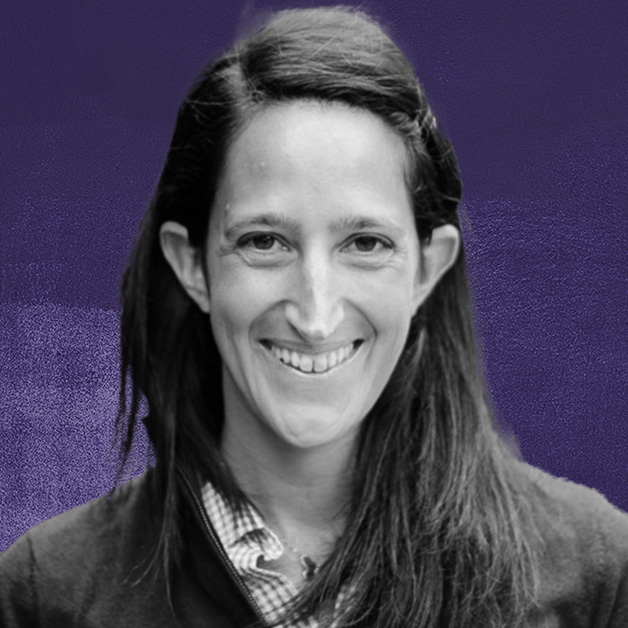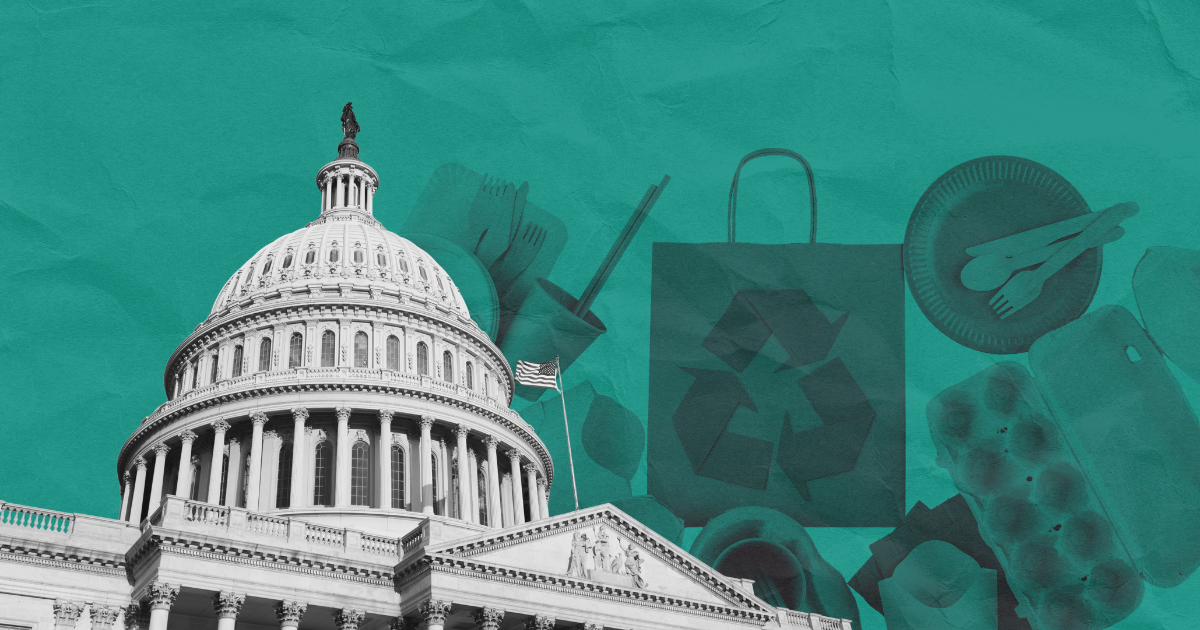.png)
Kogod School of Business
Around the world, Washington, DC is best known as the seat of the US government. But at the local level, our nation’s capital is also a city brimming with sustainability initiatives that aren’t driving business growth.
It’s not just a matter of the District being home to more LEED-certified project square footage than any state, which it was in a study by the US Green Buildings Council.
DC is home to an impressive array of organizations and programs to support small businesses committed to reducing their environmental footprint. It also boasts a sprawling network of entrepreneurs and companies that have sustainability baked into their DNA.
You could say just that about Calvin Hines, Jr., who in 2020 founded Eightfold Farms, a network of small urban farms that have sprung up around the city, especially in Wards 7 and 8, east of the Anacostia River.
Hines’ farms appear in the most unexpected places, from redesigned lawns to rooftops and other underutilized spaces, where they serve local produce to residents, retailers, and restaurants alike—offering an authentic farm-to-table experience.
They’re also filling a critical need: offering fresh food options in parts of the city with few grocery stores.
“It's not just farming—it's about shifting culture and creating industry,” he told Axios DC last year.
But his innovative and sustainable business concept is just one in a groundswell of private ventures and green business initiatives found in our nation’s capital.
Some efforts focus on removing barriers for entrepreneurs by offering lower borrowing costs and increased access to capital, whether they’re starting a business or transitioning to cleaner operations.
One example: DC Green Bank and City First Enterprises have partnered to offer small business loan opportunities of up $150,000 at low, 3 percent interest rates for companies that take planet-friendly steps, like upgrading to clean energy systems, improving energy efficiency, installing solar panels,, or high-efficiency HVAC systems.
Another: The Washington Area Community Investment Fund (WACIF) has teamed up with The Coalition, a local non-profit organization, on the “Green Growth Fund.” As part of that initiative, DC area entrepreneurs seeking to advance clean energy, eco-friendly, and green energy projects can secure up to $250,000 in flexible financing.
Lack of access to capital,” WACIF points out, “is one of the most common reasons small businesses do not succeed.”
Ultimately, finding success as a truly sustainable business comes from more than an artfully crafted statement on a company’s webpage or a standalone effort to reduce waste.
It’s about embedding sustainability initiatives into the very fabric of a company, said Danielle Vogel, professor of management and assistant director of the Veloric Center for Entrepreneurship at American University’s Kogod School of Business, located in DC.
Sustainability initiatives that are deeply consistent with the mission and values of a business tend to gain the most traction and deliver the best results."

Danielle Vogel
Assistant Director, Veloric Center for Entrepreneurship
“When sustainability plans flow directly from intentions expressed in a mission statement or value set, they offer far greater success potential,” Vogel added. “It's the ones that come from a fleeting thought or trend—the ones that feel more like an imposition than an authentic mission extension—that fall short.”
It’s a vision that other sustainability-minded DC entrepreneurs have similarly voiced during visits to the AU campus in recent years, from a fresh on-the-go meals company that donates its unsold produce to local food pantries to a distillery that stands up an entirely local supply chain.
Vogel and her fellow esteemed faculty members at Kogod share a similar idea: that sustainability is a broader business philosophy, and that by leveraging data, emerging technologies, and community passion, sustainable practices can be applied to every business discipline.
Kogod offers the best sustainability curriculum at a business school, as recognized by the Page Prize, and the first MS in Sustainability Management program at a business school.
It’s part of a larger commitment to ensuring that the next generation of business professionals is also expert in sustainable business.
Beyond the classroom, Kogod is situated on the 84-acre AU campus arboretum located in Northwest DC that’s been ranked the nation’s fourth most beautiful urban campus by Best Choice Schools.
American was also the first university in the US to reach carbon neutrality.
It also offers unparalleled access, owing to its DC location, just miles from a city center that’s a hub for government, media, and financial institutions.
A signature example of Kogod’s leadership in responsible business is the Gamechangers in Sustainability Speaker Series, co-hosted with AU’s Sine Institute of Policy & Politics. This series regularly brings pioneering CEOs, entrepreneurs, and innovators from companies such as Marriott International, EY, Honest Tea and Eat the Change, ECONET, Threadleaf & Company, Tenth Ward Distilling Company, Soupergirl, and HappyFamily Brands to campus to share authentic stories of building sustainable and socially impactful organizations. Tied closely to this, Professor Danielle Vogel leads Kogod’s highly anticipated annual Founders Forum. This marquee event shines a spotlight on local entrepreneurs behind businesses like Snacklins, Hummus Goodness, and Arepa Zone, who offer real-world insights about embedding sustainability into their business models and navigating the ups and downs of mission-driven entrepreneurship. By joining these two initiatives, Kogod creates unparalleled opportunities for students to engage directly with changemakers redefining success at the intersection of environmental stewardship and business growth, making the campus a living laboratory for sustainable leadership.
In all these initiatives, Kogod exemplifies the advantages of learning in a city and school system fully invested in sustainability—as a classroom, laboratory, and launchpad for the next generation of responsible business leaders.
